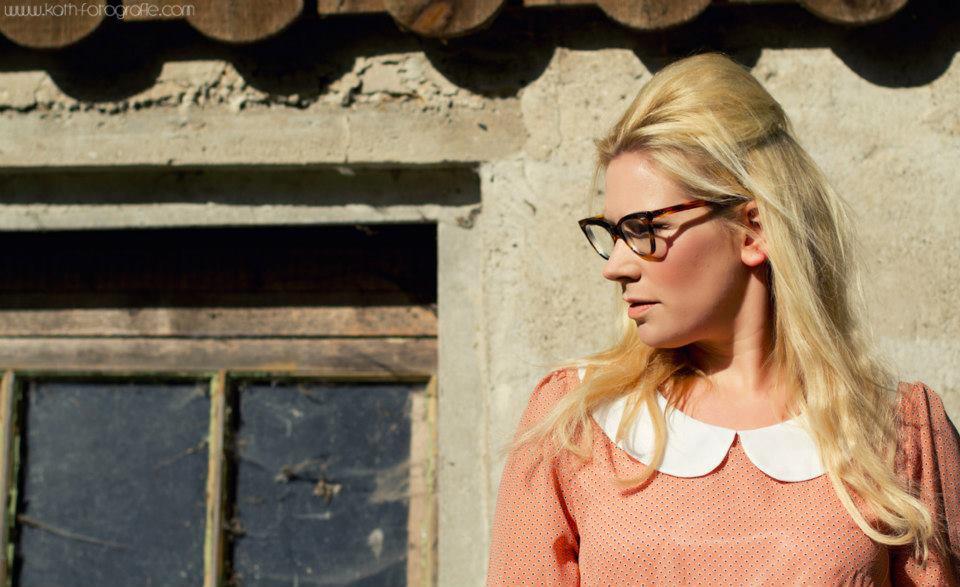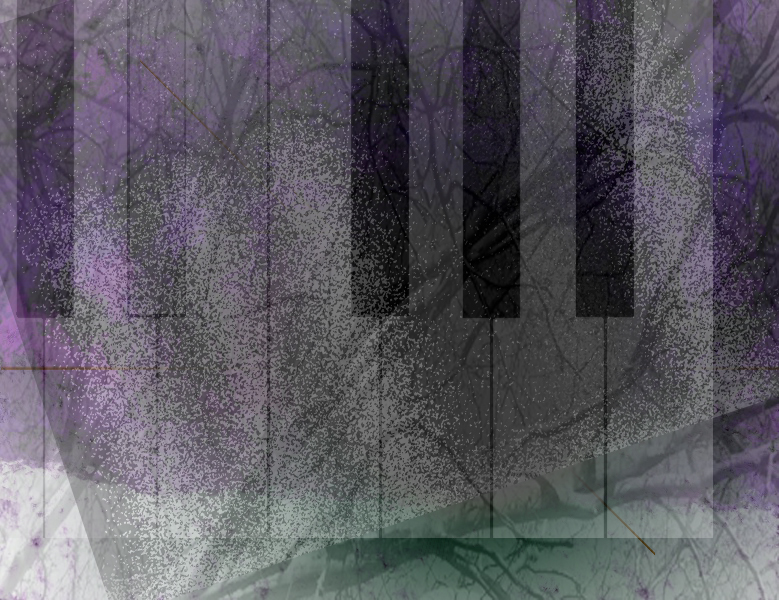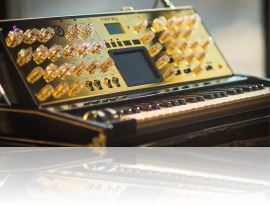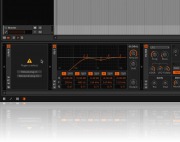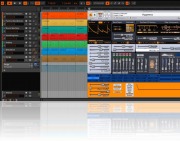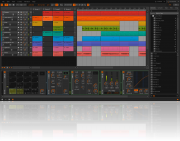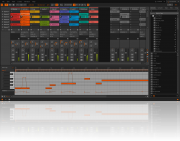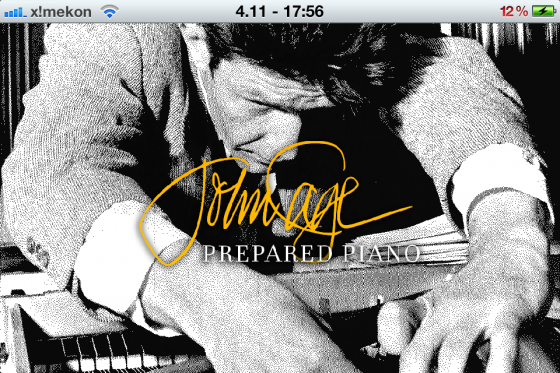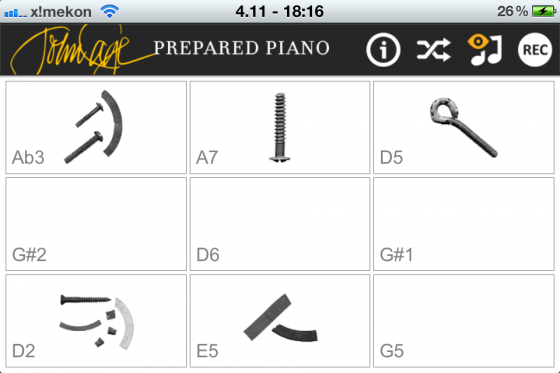A look at the history of British synthesizer-based electronic music. Featuring interviews with Richard H. Kirk, Bernard Sumner, Philip Oakey, Simon Reynolds, Wolfgang Flür, Andy McCluskey, Martyn Ware, Daniel Miller, Paul Humphreys, John Foxx, Cosey Fanni Tutti, Chris Carter, Gary Numan, Susanne Sulley, Joanne Catherall, Martin Gore, Vince Clarke, Andrew Fletcher, Dave Ball, Alison Moyet, Midge Ure, Neil Tennant and Chris Lowe.
Part 1: Alienated Synthesists
Focusing on the development of British synth music throughout the 1970s, from the wide exposure that synthesizers gained from their use in prog rock and the groundbreaking Clockwork Orange soundtrack, through the development of affordable synth keyboards and subsequent emergence of the first post-punk and industrial synth bands made up of working-class youths influenced by krautrock and punk music and dystopian science fiction literature by such authors as J.G. Ballard, to the formation of Mute Records and breakthrough success of synthpop towards the end of the decade, specifically “Are Friends Electric?” and “Cars” in 1979. Spotlighting Walter Carlos, Kraftwerk, The Clash, The Normal, The Human League, Giorgio Moroder, Cabaret Voltaire, OMD, Joy Division, Ultravox, Throbbing Gristle and Gary Numan.
Part 2: Construction Time Again
Focusing on the commodification of synthpop in the early 1980s, from the focal shift away from experimental post-punk towards the mainstream pop market, through the new-found popularity of previously unsuccessful bands and emergence of newly formed pop duos that juxtaposed cold synth instruments with warm soulful vocals, to the development of samplers such as the Mellotron and the E-mu Emulator, culminating in the birth of electronic dance music, specifically beginning with “Blue Monday” in 1983. Spotlighting Depeche Mode, The Human League, Heaven 17, Cabaret Voltaire, Soft Cell, Yazoo, OMD, Eurythmics, Ultravox, Kraftwerk, Pet Shop Boys and New Order.

